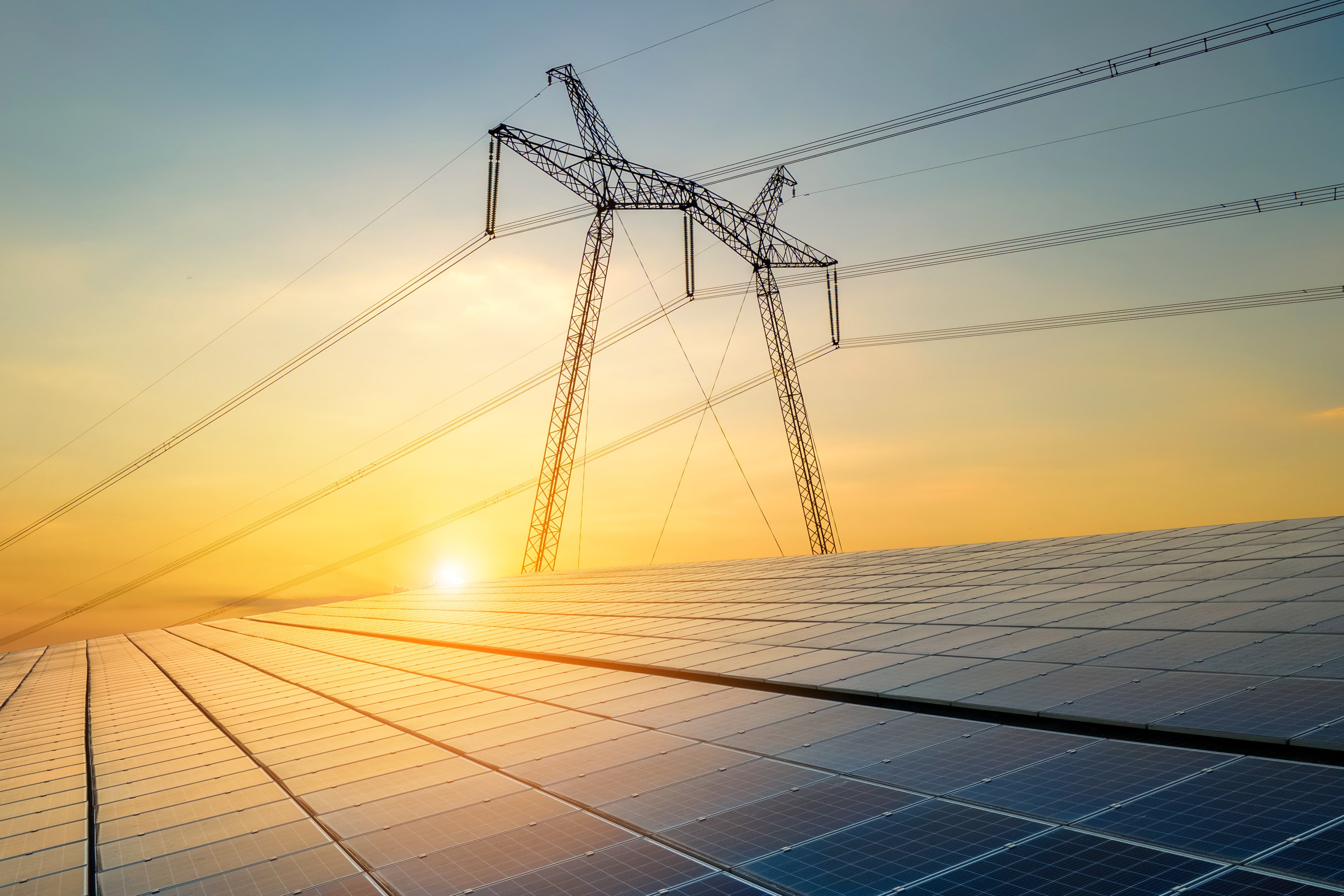In this segment from Market Foolery, Mac Greer trots out the theme of "Yes, No, Maybe So" for Motley Fool analysts David Kretzmann and Matt Argersinger. Each Fool tells us about a trend they feel bullish on, one they feel bearish on, and one that has them on the fence.
Find out why Mr. Argersinger is pessimistic about the future of oil. Between the way U.S. shale production has undermined OPEC, the growth of solar and other alternative energy sources, and the growth of electric vehicles, long-term growth in the oil industry may be hard to come by.
A full transcript follows the video.
This video was recorded on May 24, 2017.
Mac Greer: Matt, what are you saying no to?
Matt Argersinger: I'm saying no to oil. I know that's pretty broad. By the way, this is what I'm reading. I'm no expert on the oil industry itself. I talk to really smart Fools like Paul Chi about this all the time. But I'm pretty convinced that within the very near future, I would say less than five years, we're going to hit peak oil in terms of prices and production. This stems partly because of things that are happening right here in the United States. OPEC, as we all know, we're all familiar with the oligopoly that for years and decades set the world's oil price, they're waging a war with U.S. shale producers, and they're losing pretty badly. Starting in 2014, OPEC tried to keep production levels high, trying to drive prices lower to knock out shale. It didn't work. Recently, they had an agreement to cut production to try to get prices back, that's kind of working.
But, all the while, shale producers here in the U.S. are getting more efficient, they're being able to produce more oil and earn profits from that oil at very low prices. In most cases, according to Bloomberg Intelligence, most active wells that we're already drilling can earn profits at oil prices as low as $30. And oil prices are at $50 today. Some reports have oil production in the U.S. going up by a million barrels a day this year and next year. So, if you're OPEC, or you're an oil dependent economy that depends on how oil prices to balance budgets and do all kinds of things, I would say you're in trouble unless you diversify your economy. I would also say, if you're the big oil producers, like an ExxonMobil (XOM +0.44%), a Chevron (CVX 0.58%), or an oil services company like Halliburton, I think you have to prepare your company and the industry for dramatically lower oil prices. This is before we even start talking about solar power becoming more efficient and cheaper, or other alternative energy sources, or the transportation, electrification of vehicles, which is all going to reduce demand for oil. So, I have this feeling that there's going to be a pretty big disruption in this market that still, by the way, makes up a pretty big chunk of the S&P 500. So, a lot of us indirectly are invested in a lot of these oil companies. And I think the returns are going to be pretty poor going forward.
Greer: So, you're saying no to ExxonMobil and the like?
Argersinger: I think so. It's going to be hard to pinpoint losers, and a great company like ExxonMobil might be able to diversify its business. But I would say if you're any large producer that's going to be dependent on exploring, drilling, or producing oil over the next five to 10 years, you're in trouble.
Greer: That five to 10 year period, that seems pretty important. If that plays out in the next five years, that has a certain set of implications. If it's closer to 15 or 20 years, then investors could still make a lot money, right? I'm always a bit skeptical, when people talk about the death of Big Oil, it reminds me of when I was in elementary school and people said we would adopt the metric system, and there was this big push, and then it just went away. In case you haven't noticed, the U.S. is not using the metric system.
Argersinger: You're right. Saying this is going to happen within five years is probably really aggressive. But I would say, unlike the metric system, there's a real desire for a lot of industries and human beings and governments to move away from oil if we can for alternative sources. At least, I hope that's the case. So, I think there's a lot of forces coming from a lot of different places that are saying, "We need to be using a lot less oil." And it's remarkable that the culprit for lower oil prices is coming right here from the United States, which, a decade ago, we never would have said that. So, I think it's pretty much inevitable now.
David Kretzmann: Something interesting in the Wall Street Journal from a couple days ago which will be fascinating to watch, is, in China, the most popular vehicle category -- and it's growing in terms of market share -- is SUVs. People in China who aren't used to driving tend to gravitate toward SUVs, which are safer to drive. So, electric vehicles up to this point haven't really grabbed hold in China in terms of market share, and people are going for these big, gas-guzzling SUVs. So, theoretically, over the next few years, we'll continue to see demand for gasoline or oil that way. But, obviously, there's a lot more that goes into oil demand than just driving. But, that will be a pretty interesting trend to watch in China, because China has been making a push to move toward cleaner energy, a lot of the cities deal with some pretty major pollution problems. But, even so, people are going to SUVs right now in China.
Greer: Texas and China.
Kretzmann: Peas in a pod.







